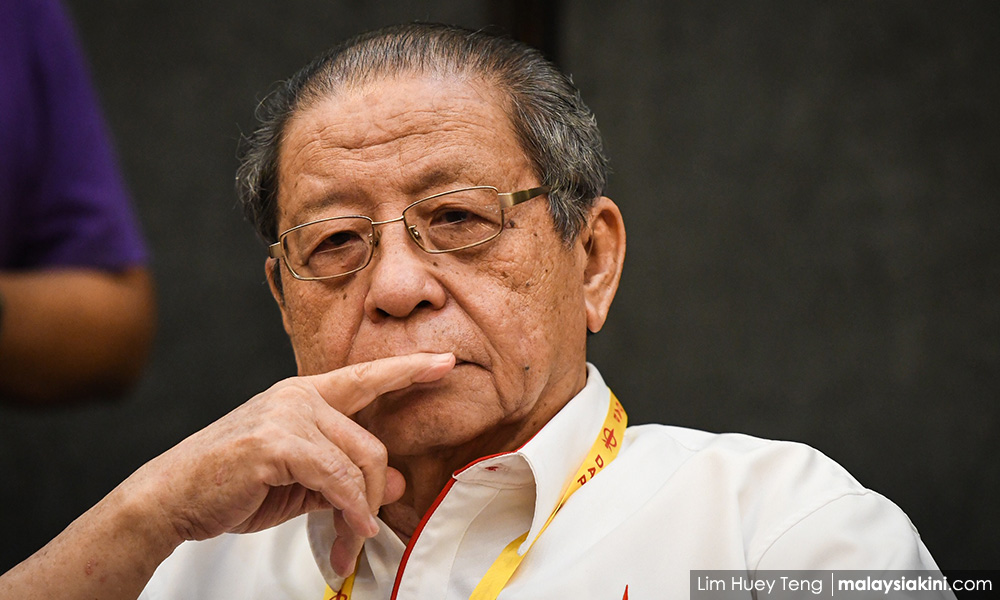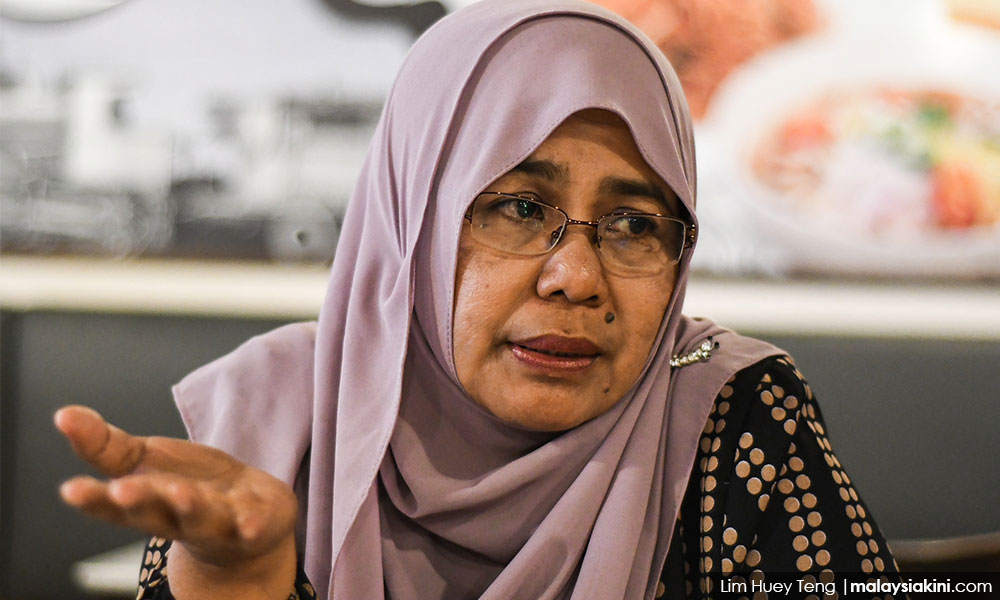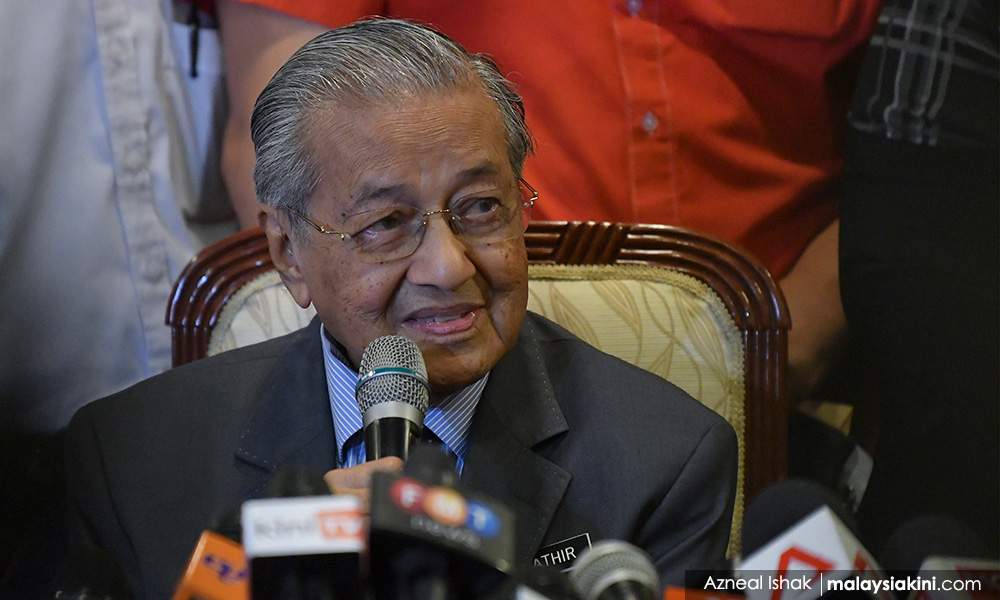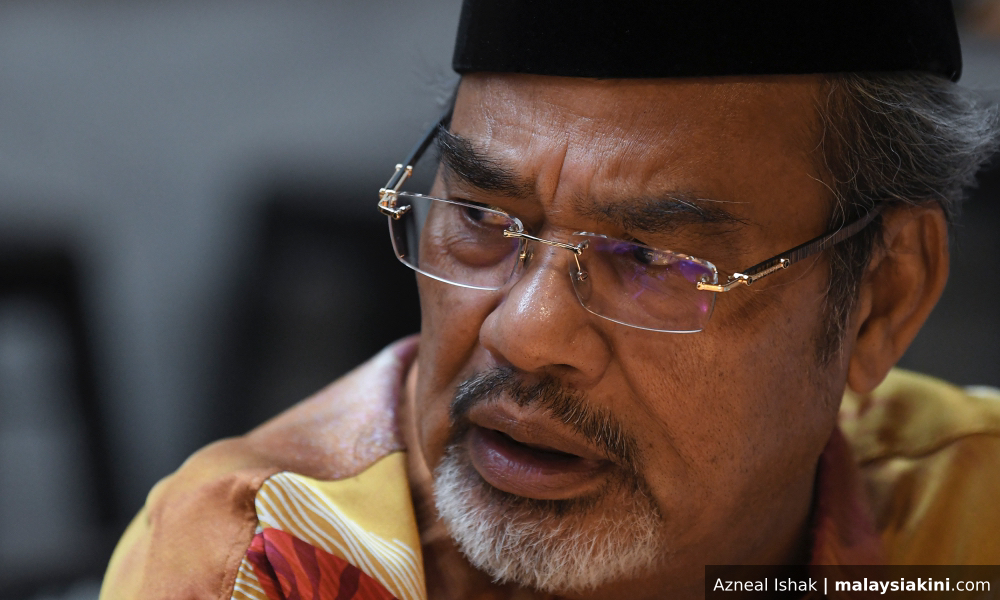
“We will have a strict/precise definition. If you deliberately and repeatedly destroy the harmony of society, causing harm to people, buildings and others, this is considered an offence.”
- Mujahid Yusof Rawa, on the proposed Anti-Discrimination Act, National Harmony and Reconciliation Commission Act and the Religious and Racial Hatred Act.
Anyone who reads my columns knows what I think of Pakatan Harapan’s efforts to curb free speech with its proposed hate speech laws, but what surprises me – and it should not – is the hypocrisy that permeates the discourse when it comes to Harapan’s commitment to ensuring racial and religious harmony.
When it comes to these proposed hate speech laws, it does not matter where you stand on the issue. What matters is Harapan’s response to supposed hate speech when it comes to non-Malay power structures and the mendacity of mainstream political power groups – Malay and non-Malay – when it comes to the racial politics of this country.
The recent allegations by former Bersatu vice-president Hamidah Osman that Lim Kit Siang (above) engineered the creation of Bersatu to drain Malay votes from Umno is the kind of talk that theoretically should run afoul of whatever hate speech laws the mandarins of Putrajaya are brewing.
Instead, what it becomes is another way in which the Harapan government resorts to the kind of identity politics, which ultimately will be its downfall.
The comments of Hamidah (photo, below) were meant to stoke racial sentiments in furtherance of a racial agenda that demonises the DAP as the power behind the throne of Putrajaya. It furthers mainstream Malay political narratives that the Malay political, economic and social (religious) power will always be under threat by Chinese interlopers.

Whether you consider this hate speech is irrelevant, but what is is relevant is that Harapan claims that it wants to curb hate speech.
In the beginning of this year, DAP’s Kasthuri Patto made the call that hate speech should be curbed and legislation should be introduced to restrict hate speech: “Therefore, a legal regime on anti-hate speech is needed and must be complemented with education and awareness on equal treatment, mutual respect, and compassion, paired with striking a balance between freedom of speech and repression of hate speech.”
Ordinarily, in any civilised country, one politician suggesting that another forms a political party to destabilise the base of an established party would be business as usual, and there would be none of this “racial” talk because ostensibly political parties are based on ideology.
As usual, when it comes to politics in Malaysia, everything revolves around race. The reality is that Bersatu was created to court the Malay vote. Bersatu was created to drain votes from Umno.

Prime Minister Dr Mahathir Mohamed has said that the creation of Bersatu was a response to political reality on the ground that required a "Malay" party because the majority of Malays would not accept a multiracial party as head of government.
Lim Kit Siang is on record as saying that Bersatu was needed to court the Malay vote, especially from the rural heartland. Umno has said that Bersatu was created to destabilise the Malay vote. So there is no dispute, even among political opponents, of the raisons d'être of Bertsatu.
So the only issue of contention here is that according to the far right (and I suppose anyone who believes in race-based parties), a Chinese politician behind its creation is anathema and further evidence that the "Chinese" are the power behind Harapan.
This is what should make it hate speech, right? The fact that the race of the politician is the determinant of what is acceptable and what is not.
Some folks are asking, why doesn’t Kit Siang just sue Hamidah? This is a good question. Recently, Tony Pua and Anthony Loke brought legal proceedings “against Pasir Salak MP Tajuddin Abdul Rahman (below) for his allegation that DAP sought to do away with Malaysia’s monarchy system."

Claiming that Kit Siang is the mastermind behind the creation of a political party with the intent of destabilising the Malay community is in the same league, or at least it should be slander or libel of Chinese politicians attempting to do away with the sacred cows of the Malay polity.
Malay political parties are not merely vehicles of the political enterprise. We are constantly reminded that they are institutions of Malay power, which ironically was what Malay and non-Malay power brokers said of Bersatu during its formation.
So yes, suing Hamidah is one possibility and it remains to be seen if Kit Siang will go down this route. However, this is not about the legal options available – something I have always argued in lieu of hate speech laws – but rather the mendacity of Harapan in proposing these laws, promoting these laws and suggesting they are the panacea for hateful speech.
The reality is that Harapan has not shown commitment to acting with the laws at its disposal to curb hate speech against non-Malays in this country, while claiming that hate speech laws are needed.
Now, for some people, jokes that people making these statements belong in Tanjung Rambutan – which is rather dated, but considering the source – it is a reasonable response, but it should not distract that all this merely contributes to the narrative that the Malays are under siege.
There is a difference between restricting speech – which, in my opinion, affects non-Malays more than it would Malays – and changing the racial and religious narratives of this country.
Notice how it is the DAP, Amanah and PKR which talk about hate speech, but Bersatu finds it difficult to do anything beyond poaching political operatives from Umno and making feeble overtures at PAS.
Even though I may not subscribe to hate speech laws, why isn’t the Harapan regime cracking down on hate speech with the available tools at its disposal, which it uses on the average rakyat? If Harapan is committed to cracking down on such speech, why is it that it does not do anything when such speech is injected into the public discourse?
I think the answer is obvious. Hate speech in this country is defined by what Malay politicians can say and what non-Malays can’t.
S THAYAPARAN is Commander (Rtd) of the Royal Malaysian Navy. A retired barrister-at-law, he is one of the founding members of the National Patriots Association. - Mkini



No comments:
Post a Comment
Note: Only a member of this blog may post a comment.